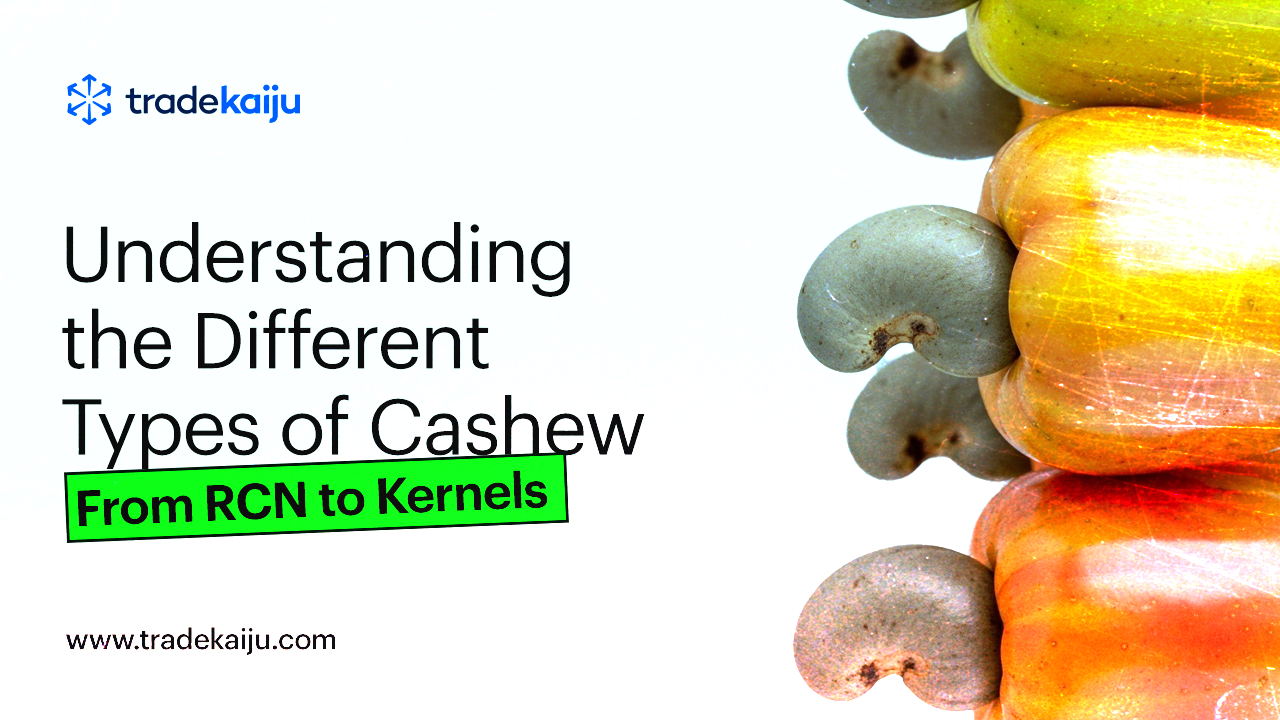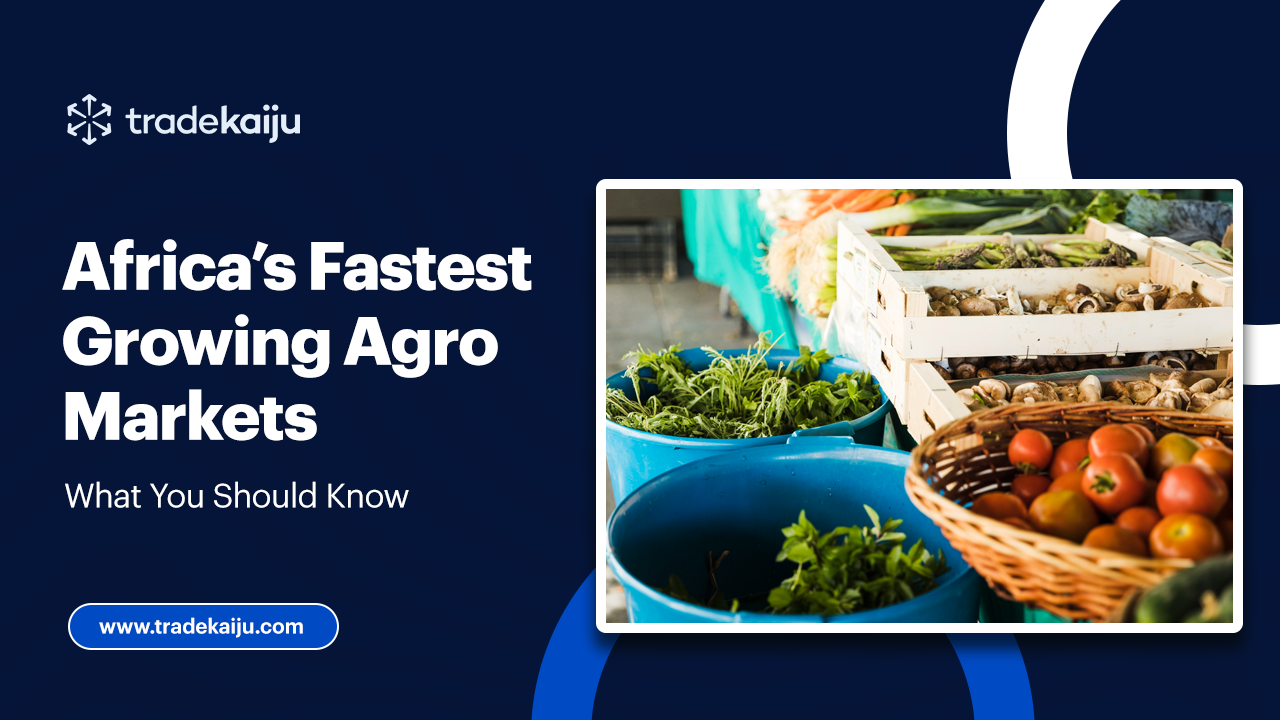Reviewing the Middle East Barley Industry— A Special Focus on the Saudi Arabia Market
Date Posted: 2022-07-06 11:37:04
_1657107424.jpg)
In the grain class, barley is a common agricultural crop. It is a cereal plant of the grass family Poaceae and a staple food for Arabs. Hordeum vulgare, as it is often known, is a popular crop that ranks second only to maize, rice, and wheat in terms of production. The main consumers of barley are Russia, Saudi Arabia, China, Canada, and Turkey.
Saudi Arabia deserves special attention as a major consumer of barley due to its critical significance in the Middle East economy. The Kingdom of Saudi Arabia's economy is not only in the top twenty, but also the largest in the Arab world and the Middle East, with a GDP of roughly $804 billion in 2021, leading all other Arab nations (according to Forbes). Due diligence in this sector will provide investors with valuable information into the opportunities for profit in the Middle East Barley market.
Saudi Arabia's barley market is thriving. In 2019, the nation spent around $542 million on crop purchases. Between 2014 and 2019, the average value of barley imports was $911 million. This amount represents around 4.2 percent of the worldwide barley market in 2020. Despite the devastating impact of the COVID-19 epidemic, which halted unfettered imports, this market success was recorded.
Unlike in other areas of the globe, the reasons boosting barley consumption in Saudi Arabia, and possibly the rest of the Middle East, are in opposing directions. In North America, the need for alcohol, meals, and drinks drives the growth in barley consumption, whereas animal feeds do in the Middle East. Although the confectionary sector consumes a significant amount of imported Saudi Barley, the animal feed formulation industry consumes 70-80 percent of the crop. In Saudi Arabia, barley products make up the majority of the components in goat, sheep, and camel diets. In other words, North Americans prefer barley for food rather than feed, but Middle Easterners prefer it for feed.
Although major producers of Barley are member countries of the European Union, Australia and Russia are the leading contenders in barley export to consuming nations such as Saudi Arabia. According to Trading Economics, COMTRADE estimates that Australia's barley exports to Saudi Arabia in 2021 will be around $740 million. The estimate is 3.4 percent of the global barley market in 2020.
Saudi Arabia's heavy reliance on crop imports is due to the country's unfavorable environment for efficient crop production as their soil is hostile to massive barley production. The Saudi government's attempt to circumvent the environmental issues in 2014 was futile. During that year, the dismal yield culminated in the relaxation of import restrictions.
According to a report by the Australian Trade and Investment Commission, the new rules will provide opportunities for Australian exporters. The principle enshrined in the Saudi Barley market's recent rollout policy is to promote competitiveness. In the current policy, the government places the onus of Barley's purchase on more than one company, whereas previously, the Saudi Arabia Grains Organization, SAGO, had the exclusive right to purchase barley from exporters. The new policy will transform and drive inclusive market participation. It will provide a competitive price to entice exporters to sell to the country.
Saudi Arabia's demand for barley will rise as long as the livestock industry thrives. Pastorals in Saudi Arabia will continue to value barley for feeding their animals. Meanwhile, the country's livestock market has a bright future. Knoema, a research firm, predicts a 7.75 percent increase in Saudi Arabia's livestock index between 2018 and 2019. This figure suggests that the Arab country's demand for barley for animal feed will increase.
As a result of the arrangement, prospective investors will be able to allocate their funds in a promising market. The current regime in the Saudi barley market will encourage small traders to participate. The policy provides barley exporters with an alternative to the Chinese market, creating an opportunity to optimize the market price.
Similar Blog Posts

Cashew is one of Africa’s most valuable export crops, yet many people (especially new traders) don’t fully understan

Africa is fast becoming a global agricultural powerhouse. With a combination of favorable climate, expanding investment,

Market access is one of the most significant barriers in the agricultural sector today, especially across many regions i